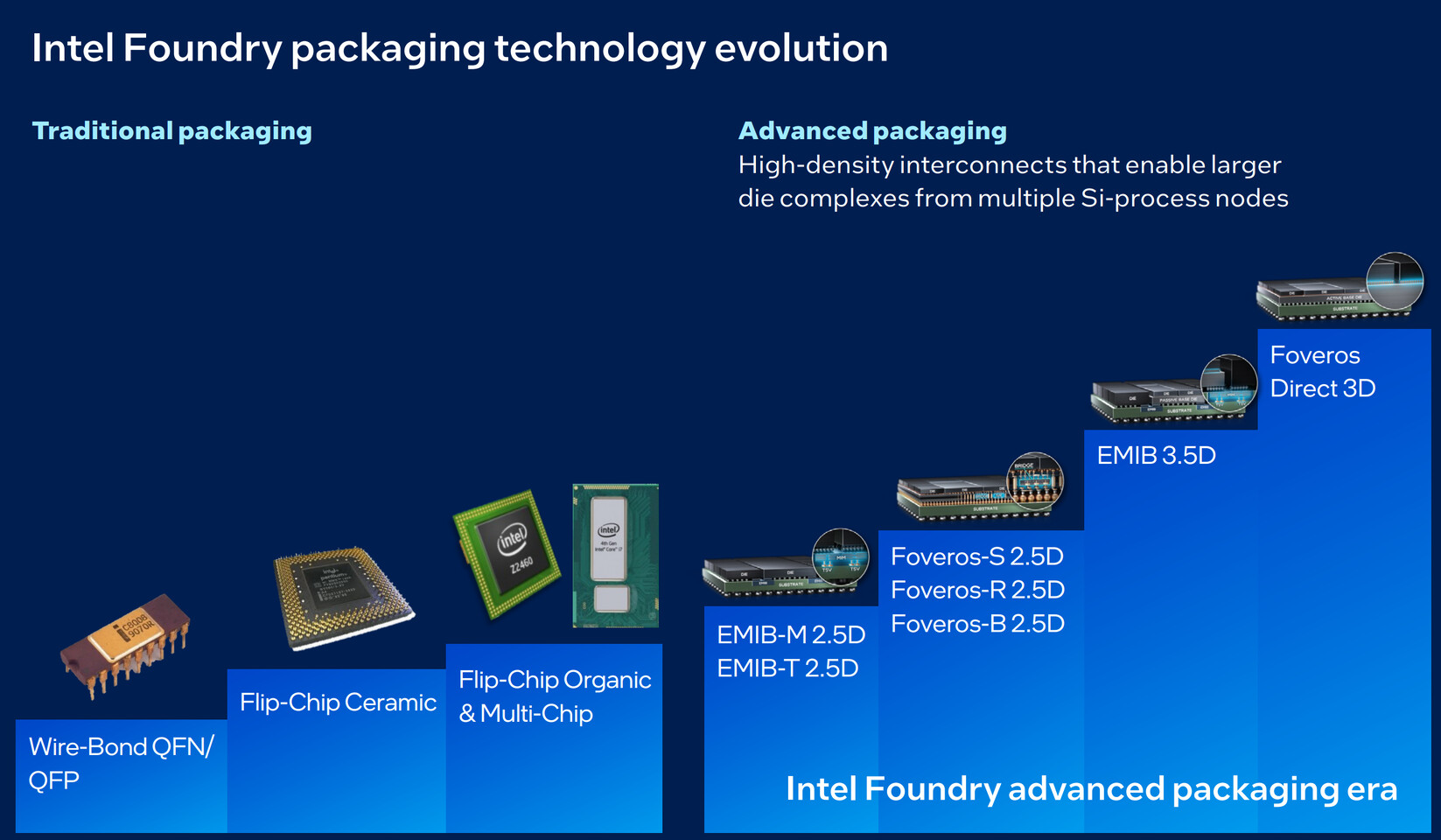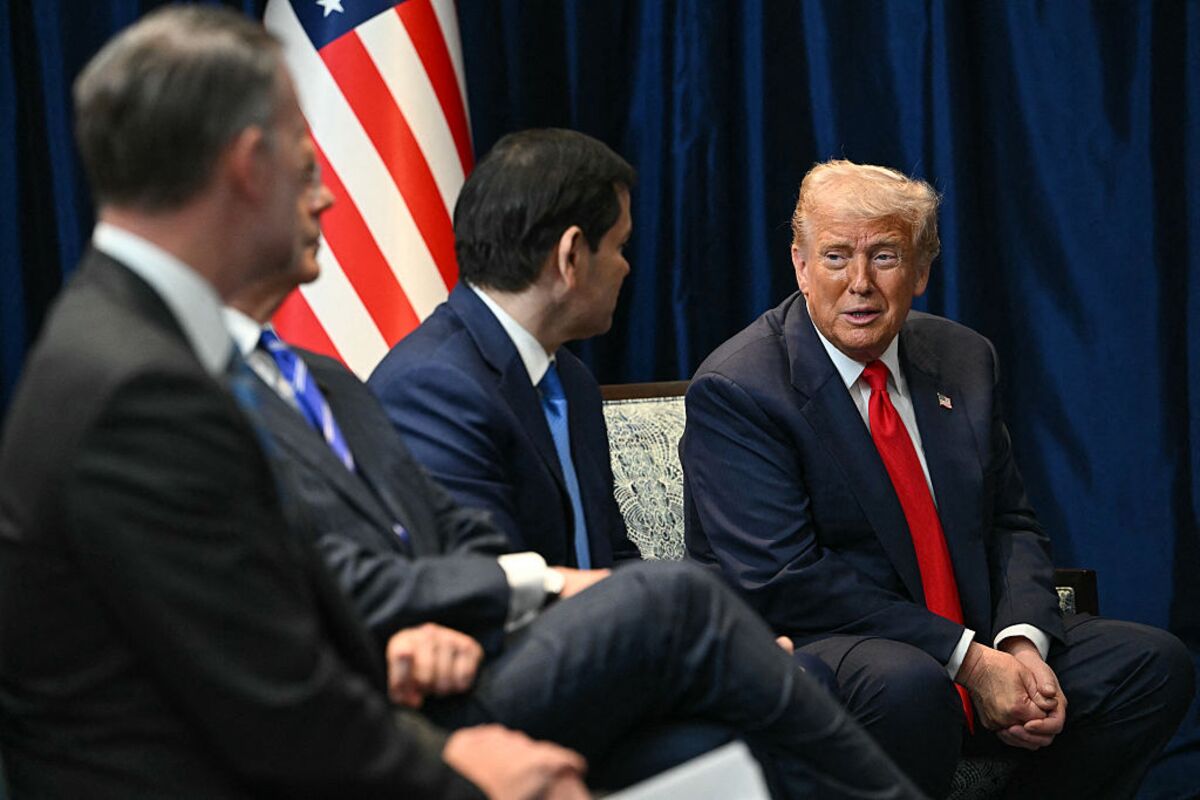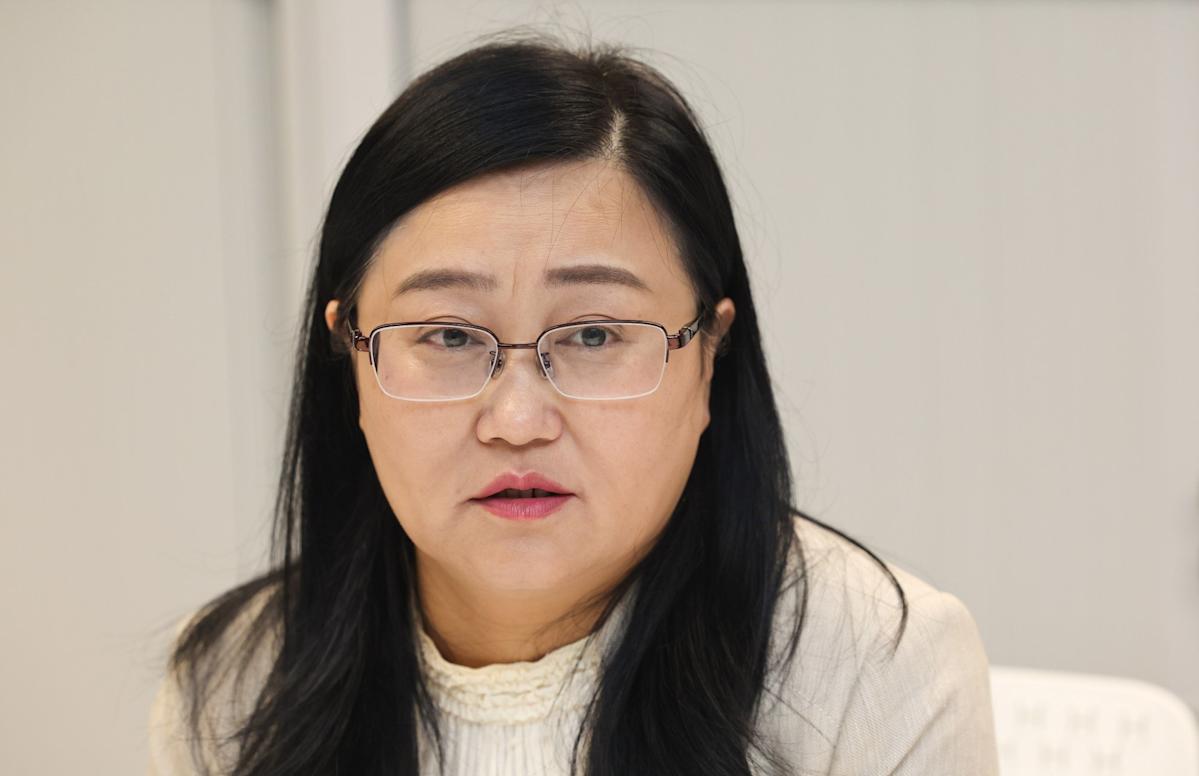Phoebe Gates and Sophia Kianni, both 23, are turning heads with Phia, their AI fashion app that’s drawing interest from investors and trendsetters.
Phia, an AI-powered shopping assistant, went live in April and said…

Phoebe Gates and Sophia Kianni, both 23, are turning heads with Phia, their AI fashion app that’s drawing interest from investors and trendsetters.
Phia, an AI-powered shopping assistant, went live in April and said…

Two suspects have been arrested in relation to last Sunday’s heist at the Louvre museum in Paris, in which a gang of four men made off with crown jewels worth an estimated €88m (£76m), according to the Paris prosecutor.
Citing police sources,…

The Central Bank of Nigeria hosted a fintech roundtable at the IMF–World Bank Meetings to refine policy and strengthen digital finance stability.
Discover top fintech news and events!
Subscribe to FinTech Weekly’s newsletter
Read by executives at JP Morgan, Coinbase, Blackrock, Klarna and more
The Central Bank of Nigeria (CBN) has renewed its push to align financial innovation with regulatory oversight, hosting a strategic fintech roundtable on the sidelines of the IMF–World Bank Annual Meetings in Washington. The dialogue brought together policymakers, investors, and executives from Nigeria’s expanding digital finance sector to discuss how the country can balance innovation with financial stability.
Governor Olayemi Cardoso outlined the central bank’s goal of creating a financial environment where technology can thrive under prudent supervision. The initiative underscored the CBN’s intent to develop a policy framework that fosters inclusion and innovation while safeguarding consumer confidence and institutional trust.
The meeting, which drew participants from both local and international organizations, reflected the central bank’s broader effort to integrate Nigeria’s fintech ecosystem into its long-term economic strategy. Officials said the session served as an opportunity to review global best practices and gather input for the next stage of regulatory reform.
Nigeria has emerged as one of Africa’s leading fintech markets, with startups transforming payments, credit access, and remittances. Yet this rapid growth has presented regulators with complex challenges around data protection, interoperability, and systemic risk.
At the Washington meeting, CBN officials reiterated that the institution’s approach remains “pro-innovation” but guided by prudence. The bank emphasized its dual mandate: promoting innovation-driven growth while preserving the soundness of the financial system. This principle has shaped the CBN’s recent reforms, from payment interoperability frameworks to new guidelines for digital banks.
Governor Cardoso’s remarks reflected this balance, emphasizing that technology should serve inclusion and efficiency without eroding trust. According to central bank statements, the insights gathered from the roundtable will feed directly into ongoing consultations with market participants as part of Nigeria’s evolving fintech policy blueprint.
Participants in the Washington roundtable discussed how global standards could inform Nigeria’s domestic regulation and how the private sector can contribute to policy design. The conversation highlighted that sustaining investor confidence requires predictability, transparency, and strong governance.
By engaging directly with fintech firms, the central bank aims to ensure that regulatory design evolves with market needs. The CBN views structured industry engagement as critical to building trust between regulators and innovators, a theme that has guided several of its recent initiatives, including the FinTech Regulatory Sandbox and the National Payments Strategy.
Observers noted that the roundtable signaled a shift from reactive supervision to a more collaborative model, in which regulators and private firms share information and co-develop frameworks for financial innovation. The CBN sees this as a prerequisite for maintaining Nigeria’s competitive advantage as an emerging digital economy.
The discussion in Washington placed particular emphasis on infrastructure resilience, compliance, and market confidence. While Nigeria’s fintech market has attracted substantial domestic and foreign investment, the CBN remains cautious about risks tied to cybersecurity, liquidity management, and financial crime.
Officials underscored that technological advancement must not come at the expense of prudential discipline. The bank’s position reflects a growing global consensus that digital finance innovation should be accompanied by strong safeguards against fraud, money laundering, and operational failures.
Through its policy agenda, the CBN continues to reinforce the integrity of Nigeria’s financial system while supporting innovations that expand access to credit and payments. The institution’s recent work on interoperability aims to ensure that consumers can transact across platforms without friction, an essential step toward a unified national payments ecosystem.
The Washington roundtable is part of a broader series of structured engagements between the CBN and the private sector. These sessions are designed to refine regulations for digital assets, mobile money, and payment service providers while preserving monetary stability.
The CBN’s next phase of reform will focus on establishing clear operational standards for fintech companies seeking licensing under the bank’s regulatory sandbox. This framework allows startups to test products under controlled conditions, balancing innovation with consumer protection.
By integrating these mechanisms, the central bank seeks to strengthen its oversight capacity and build confidence among both domestic and international investors. The emphasis on inclusion and resilience aligns with the CBN’s long-term vision of a digital financial system that supports Nigeria’s economic diversification goals.
The Central Bank of Nigeria’s engagement with fintech leaders at the IMF–World Bank Meetings marks an important step in shaping the country’s digital finance future. The dialogue reflects a shift toward regulatory partnership and strategic openness at a time when global financial institutions are redefining their role in technological transformation.
For Nigeria, the outcome of these discussions will likely determine how effectively its financial sector can attract capital, expand access, and safeguard stability in a rapidly digitalizing economy. The CBN’s commitment to inclusive innovation and prudent regulation suggests that fintech will remain a central component of Nigeria’s strategy for sustainable growth in the years ahead.


There is a maturity and groundedness detectable with Eala beyond her years, one that emanates from a tight-knit family background.
Her mother Rizza was a backstroke swimmer who medalled at the…

US President Donald Trump unveiled a flurry of trade deals during his first day in Asia, looking to shore up access to critical minerals and a market for US agricultural goods ahead of a critical meeting with Chinese President Xi Jinping.
“My…

King Charles and Queen Camilla traveled to the Vatican to mark a historic moment however the monarch also brought happiness along with him…

ISLAMABAD — U.S. President Donald Trump said Sunday he will solve the Afghanistan-Pakistan crisis “very quickly,” as peace talks between the warring neighbors entered a second day.
The two countries are embroiled in a bitter security row,…

Hong Kong University of Science and Technology (HKUST) start-up Stellerus Technology aims to be the world’s first provider of satellite-enabled three-dimensional wind data to help wind power, transport and insurance firms boost revenues, cut costs and manage risks, according to its founders.
Stellerus, founded in 2023 by the university’s academics, would leverage China’s cost competitiveness in satellite manufacturing to make global 3D wind data collection economically viable, said Su Hui, the chairwoman and co-founder.
3D wind data – wind direction and speed and their changes with altitude – is crucial for improving weather forecasting, especially severe climate events.
Do you have questions about the biggest topics and trends from around the world? Get the answers with SCMP Knowledge, our new platform of curated content with explainers, FAQs, analyses and infographics brought to you by our award-winning team.
“After I came to Hong Kong, I realised the technology for implementing such a project in mainland China was quite developed and the cost would be much lower than overseas,” Su said. “In the US, such a satellite could cost US$100 million to build, compared with 20 million yuan [US$2.8 million] in China.”
Su Hui, the chairwoman and co-founder of Stellerus Technology. Photo: Edmond So alt=Su Hui, the chairwoman and co-founder of Stellerus Technology. Photo: Edmond So>
Su, a hydraulic expert, joined the HKUST’s department of civil and environmental engineering in 2022 as chair professor. She was formerly a principal scientist and weather programme manager at the Jet Propulsion Laboratory at Nasa.
By deploying advanced optical sensors, Stellerus could collect data and use artificial intelligence to analyse carbon dioxide, methane and water vapour in the atmosphere to calculate changes in wind direction and speed, she said.
“Such detailed data is lacking for meteorological observation and analysis globally,” she said. “Various organisations, including Nasa, plan to embark on such a project, but none has been implemented so far due to the high cost of launching a satellite constellation.”
Nasa was testing laser technology for developing space-based 3D wind measurements, according to its website. It was also collaborating with the US National Oceanic and Atmospheric Administration to develop advanced remote weather sensing instruments that can be flown aboard satellites to collect highly precise data to improve weather forecasting globally.
In August 2023, HKUST partnered with Chang Guang Satellite Technology – a Jilin government-backed firm and China’s first commercial remote sensing satellite company – to become Hong Kong’s first higher education institution to launch an Earth environmental satellite.